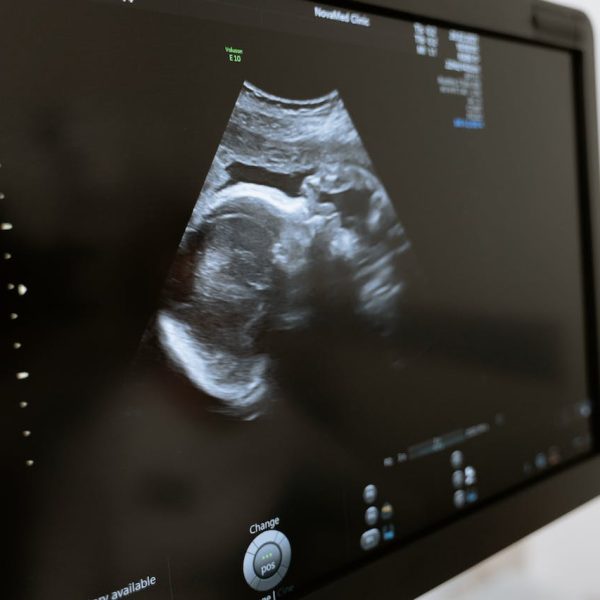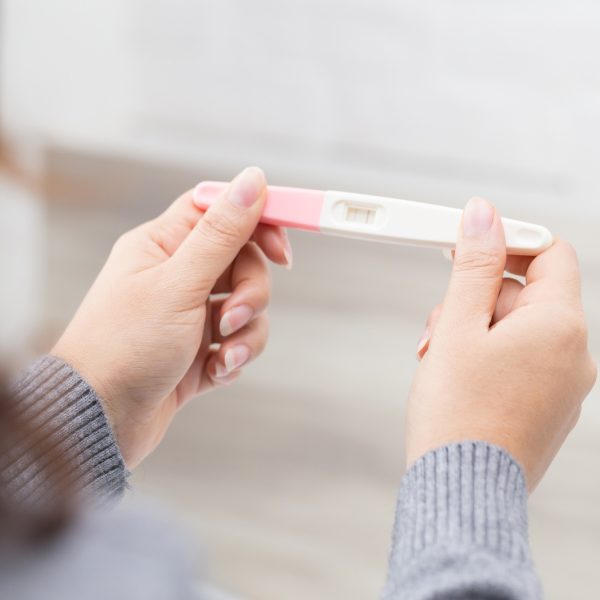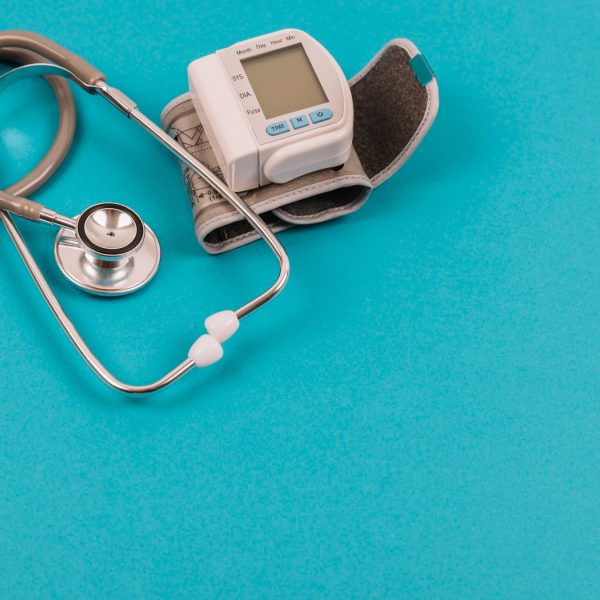What is a miscarriage?
A miscarriage is the spontaneous loss of a foetus before the 20th week of pregnancy. Loss of the foetus after the 20th week is called a stillbirth. Miscarriage occurs in 8 to 20% of known pregnancies, with the majority occurring before the 12th week.
It can be a very difficult time for an expecting couple as losing a child can have a significant emotional impact on them. It can cause feelings of grief and loss, and may also lead to feelings of guilt, blame, and isolation. The experience can strain their relationship, as they may struggle to communicate and cope with their emotions in different ways. Hence, it is important for them to seek support from each other, as well as from healthcare professionals, friends, and family members, to help them navigate this difficult time.
This can be an extremely difficult time for mothers and especially single mothers to deal with the loss of their child. In such a situation, it should be key to keep you surrounded by support and reach out for help to get over the feelings of grief and loss.
With all being said, miscarriage can be prevented and you should look out for the following symptoms to identify if you’ve experienced having a miscarriage.

Symptoms of a miscarriage
Vaginal bleeding:
Many women have a miscarriage early in their pregnancy without even realizing it. They may just think they are having a heavy period. But the signs to look out for are extreme cramping, abdominal pain, heavier bleeding than usual, pain in the pelvis or back, and extreme fatigue.
Though in your first trimester, light bleeding (called spotting) is pretty normal, what you should be looking out for is heavy bleeding after conceiving. Consult a doctor if you notice heavy bleeding or bleeding that is heavier than usual.
Fluid or tissue passing from your vagina:
You should observe if you’ve passed any fetal tissue or think fluid from your vagina, as it is a major sign that you might have experienced a miscarriage. You should place the fetal tissue in a container and bring it to your doctor for examination and analysis.
What causes a miscarriage?
Chromosome abnormality:
Approximately 50% of first-trimester miscarriages are due to a chromosome abnormality in the fetus. Chromosomes are found in the cells of our body which carry genetic information. A baby requires a pair of chromosomes to develop into a foetus, so when there’s an extra or missing chromosome, it can result in miscarriage, usually in the first or second trimester of pregnancy, or can also result in a child with learning difficulties or intellectual disability, as well as birth defects.
Chromosome abnormalities can lead to the following problems:
- Blighted Ovum: A blighted ovum forms when an early embryo fails to develop or stops developing, it is resorbed and leaves an empty gestational sac.
- Intrauterine fetal demise: In this case, an embryo forms but then stops developing and dies before any signs of pregnancy loss appear.
What puts you at risk of a miscarriage?
Pregnancy loss is also related to maternal health. Pregnancy loss can result from an abnormally shaped uterus. Hormonal imbalance, poorly controlled diabetes, lupus and other immune system abnormalities, kidney and heart disease, and hypertension can all make carrying a pregnancy to term difficult. Miscarriage can result from exposure to drugs, alcohol, or high levels of radiation. Miscarriage can be caused by infections. Women who smoke may be at a higher risk of miscarriage.
How to prevent the risk of a miscarriage?
There is often nothing you can do to prevent a miscarriage but you can take care of yourself and your child by seeking prenatal care on a regular basis. You should maintain a healthy diet and exercise regularly so that you maintain a healthy lifestyle that will keep you and your baby safe from any health complications and ensure the proper development of your baby.
You should quit smoking, drinking alcohol, and using illicit drugs are all known miscarriage risk factors. You should take a multivitamin prescribed by your doctor every day.
Read more: How to Take Care of Yourself and Your Baby
Conclusion
Coping with an unexpected miscarriage can is challenging. You will experience a range of negative emotions as a result of the loss, such as sadness, anger, and apathy, and you may have withdrawn from friends and family. You may also have difficulty eating and sleeping. You could cry a lot or not cry at all. These are just a few of the many natural, healthy reactions to a miscarriage. Remember that your reaction is normal for you.
If you’re struggling with your mental health, you should connect to a mental health professional who would be able to help you best with your experience. You could also try joining support groups which provide a safe place for you to share your experiences and guide you through this difficult time. Remember that you’re not alone and reach out for help. We are here for you!
Read more: Prenatal Care for Each Trimester
























Share this article